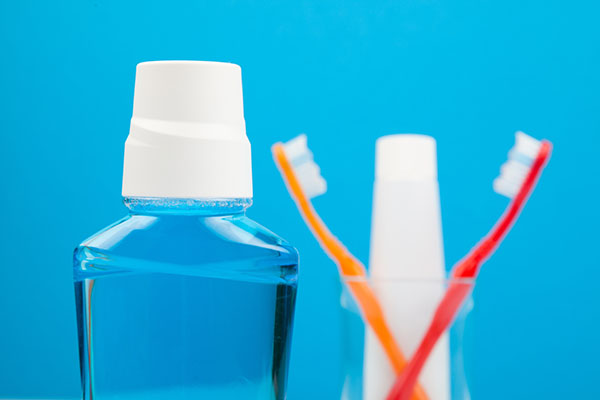As a General Dentist We Treat Athletes That Have Injured Their Teeth
 If you are an athlete, a trip to the general dentist is in order before you start the game. According to the American Dental Association, the majority of adult tooth injuries are due to playing sports. Since most adults only play casually with friends, this means that even a pickup game of basketball or tossing a ball with your kids can lead to tooth damage. In order to protect your teeth, you need to keep them in good health.
If you are an athlete, a trip to the general dentist is in order before you start the game. According to the American Dental Association, the majority of adult tooth injuries are due to playing sports. Since most adults only play casually with friends, this means that even a pickup game of basketball or tossing a ball with your kids can lead to tooth damage. In order to protect your teeth, you need to keep them in good health.
We recommend that you have your teeth cleaned twice a year so that we can remove the bacteria and plaque from your teeth that can lead to a tooth infection. It is important to keep your teeth cavity free and to prevent gum disease because if a random ball hits your face and there is an infection, your tooth will be more likely to break or be knocked out. Think of it like a pond that becomes frozen in the winter. A solid sheet of ice can support kids playing on it for hours, but one small crack can cause the entire thing to shatter when someone steps on it. Teeth that are infected are like a pond with a small crack. They cannot withstand the impact of something hitting them.
It is also important to strengthen your teeth by brushing with a soft toothbrush and fluoride toothpaste. Fluoride is a mineral that when placed onto your teeth will help them to be stronger. You can further strengthen your teeth by eating a healthy diet that contains lean protein, nuts, cheese, yogurt, and green leafy vegetables. This, combined with trips to our general dentist office can keep your teeth and gums in excellent health.
We also recommend that you wear a mouth guard while playing sports. This prevents hundreds of thousands of injuries on an annual basis. When considering high school and football players alone, the American Dental Association claims that over 200,000 injuries are prevented every year due to wearing a mouth guard. When you consider how many different sports and age groups there are, it is clear that this simple device is a fantastic way to protect yourself from injury.
If you take these precautionary steps and still injure your teeth, we can restore them in our general dentist office. If a tooth is cracked or chipped, we can use a dental veneer to correct it by placing the veneer onto the surface of the tooth. It will look completely natural and make it possible to eat and speak like normal. If the tooth is severely cracked or a lot of enamel is missing, we can use a dental crown to restore the tooth instead. This provides a greater level of stability because it can surround the tooth entirely. This is a durable procedure that can help your teeth to function as good as new after a serious injury. If a tooth has been knocked out, we can replace it as well by using either dental implants or a dental bridge.
If your tooth has been injured, schedule a dental appointment right away.
Related Posts
Whether you have not visited the dentist in a long time, have never been, or are simply switching general dentists, it is normal to have questions on your mind. Patients often want to ask about their current oral health, such as whether they need to be worried about cavities or persistent tooth sensitivity. They may…
General dentists are some of the most visited professionals in their field. The American Dental Association recommends that people as young as one year old maintain a biannual checkup schedule. Their primary aim is to preserve or improve patients' oral health, which they do in various ways. Let us look at six of them.Depending on…
A general dentist is usually the primary caretaker for oral health, providing routine and preventative care. However, some choose only to schedule an appointment once they have an issue they can no longer ignore or self-treat. Either way, a general dentist has many of the services you need to obtain or maintain optimal oral health.The…
You can see your general dentist if you want to renew your smile. There are specific treatments that can improve your teeth and gums. At the same time, your dental functions can be better as well. Here are the cosmetic dental services that your general dentist can provide.Crooked teeth can distort one’s smile. This problem…
 If you are an athlete, a trip to the
If you are an athlete, a trip to the